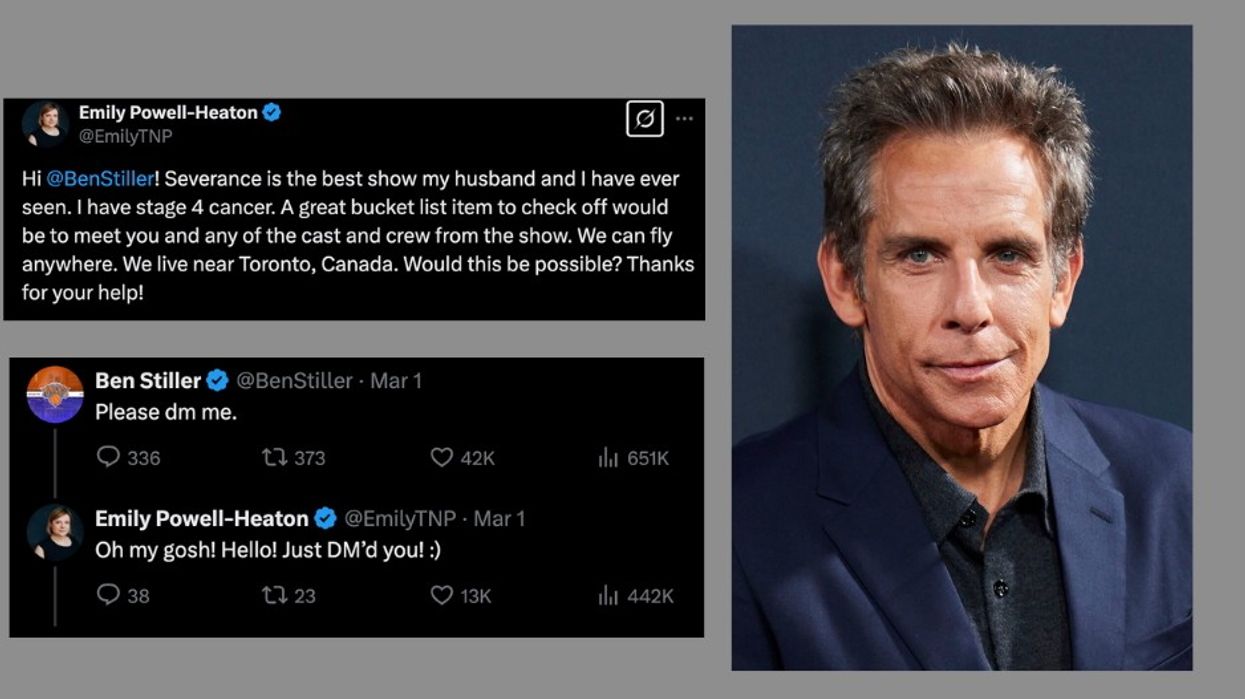This post is in partnership with Levi's®
After just a few minutes listening to Erik Joule expound on topics like fashion or technology from a sustainability standpoint, his passion for the planet becomes evident. Embedded in the corporate world of fashion as Levi Strauss & Co.’s SVP of Global Merchandising and Design, passion with a purpose has been a driving force in his life. He’s worked his way up from some of the biggest labels in the retail world, but along the way he’s managed to nurture his love for both fashion and social impact. “I believe very strongly that business can have an incredible impact on society,” says Joule. “It can be a source of economic wealth and social change as well.”
A turning point in his career occurred via a part-time job in the stockroom of The Gap for $3.85 dollars per hour. To this day, Joule still makes a beeline for a store’s stockroom. “The back of the house is the proof that the front of the house can function,” he says. “I’ll always be a stockroom guy in the end.” The opportunity arose to join a management program by Millard “Mickey” Drexler—nicknamed the “merchant prince” and “retail therapist” for his turnaround of companies like J. Crew and Ann Taylor—and Joule scrapped his law school plans, envisioning another way to fulfill his purpose.
Working with Drexler proved to be life changing for Joule. “He’s relentless about product and how to communicate the product platform to the consumer,” says Joule. “To this day, I’m instilled by this passion around product.”
Joule’s tenure at Gap was followed by stints at Guess, Quiksilver and Disney. In 2009, he landed at Levi Strauss & Co., overseeing merchandising and design and leading the way with the brand’s global strategy on sustainability.
While goals towards sustainability aren’t new to Levi’s (“Twenty years ago we introduced a pretty robust Term of Engagement with our vendors,” reminds Joule), the company has recently turned up the heat with its focus on the world water crisis. The company analyzed the issue, discovering that 80 percent of the impact on its carbon footprint came through the use of water. “There are really three areas around manufacturing jeans that are most impactful to the environment: The first is growing the water-intensive crop of cotton, the second is processing denim, which uses a tremendous amount of water, and the last piece occurs once the consumer take jeans home and cares for them.”
With these facts in mind, the company decided to tackle the issue head-on with the introduction of their line of Water
Early on, discussions about patenting the process were conclusive—the product would not be proprietary. “The cornerstone of the initiative was to ensure it’s very transparent so we can influence the industry as a whole,” says Joule. “We want to encourage others to apply it to their own manufacturing techniques.”
So how can shoppers take action? The Care Tag for Our Planet campaign creates product tags with care tips for consuming less energy and the suggestion to donate jeans to Goodwill when they’re no longer needed. Additionally, Levi’s is encouraging people to raise awareness of the global water issue with Water.org through their Go Water













